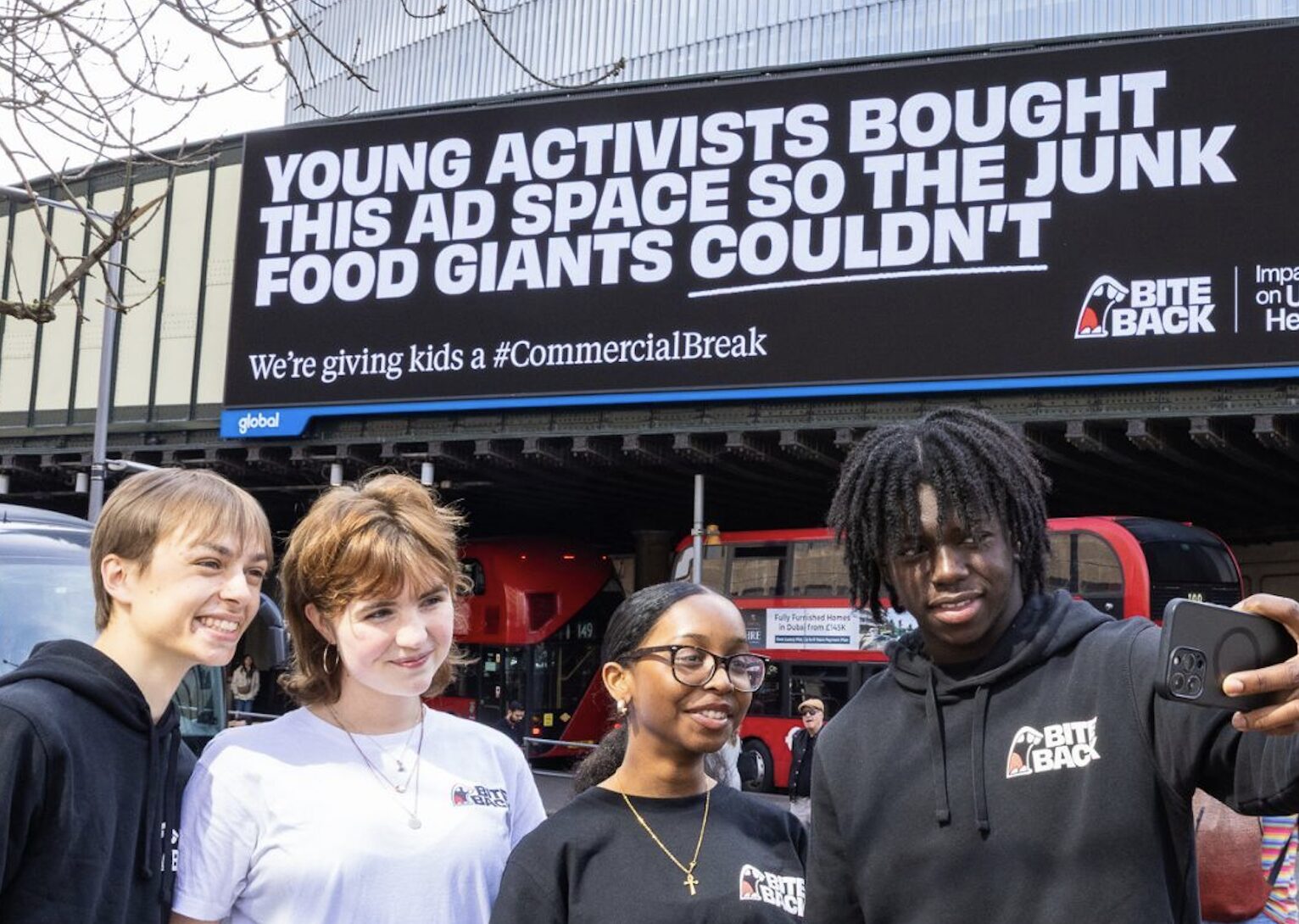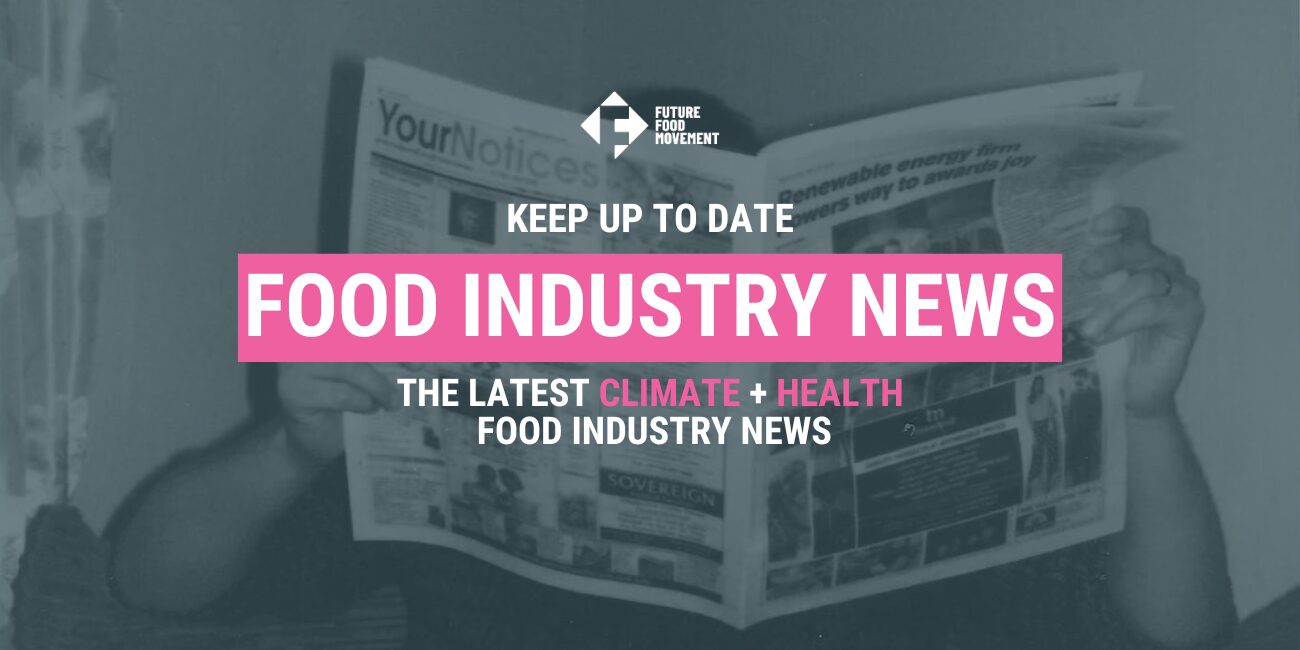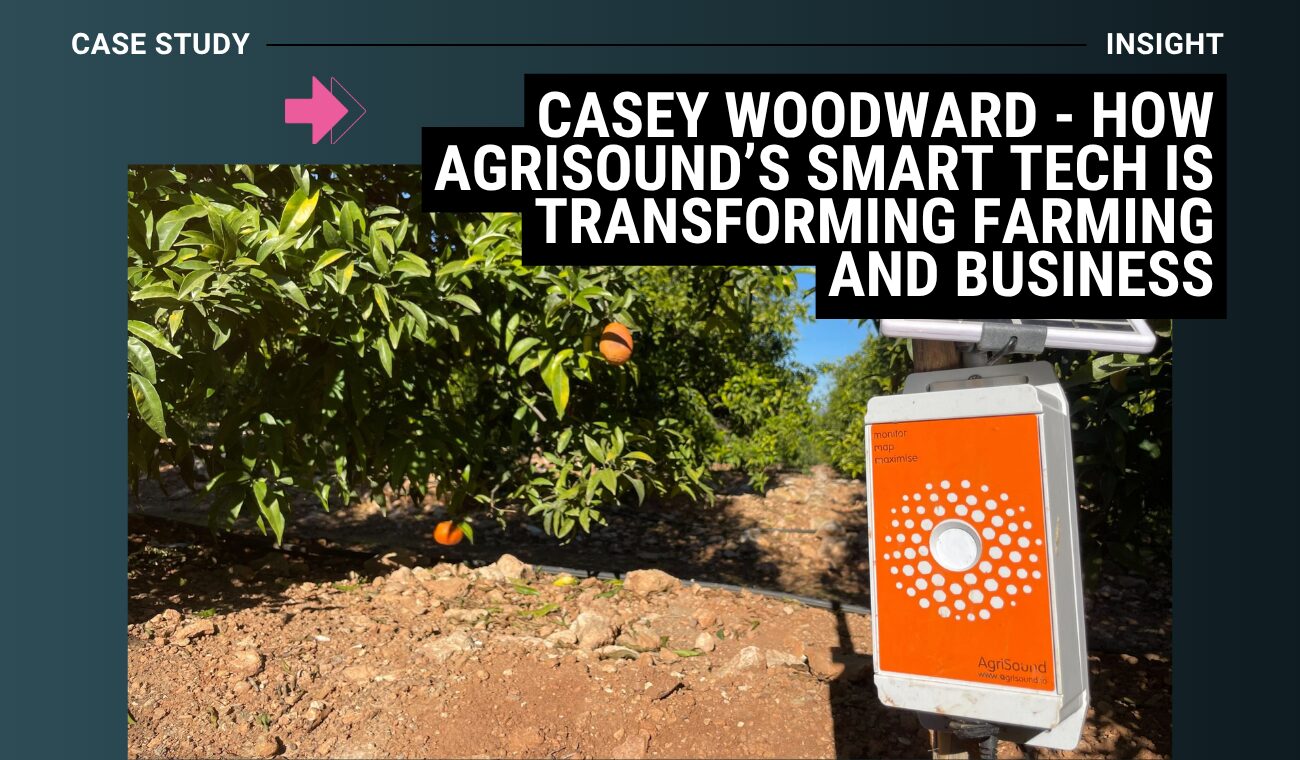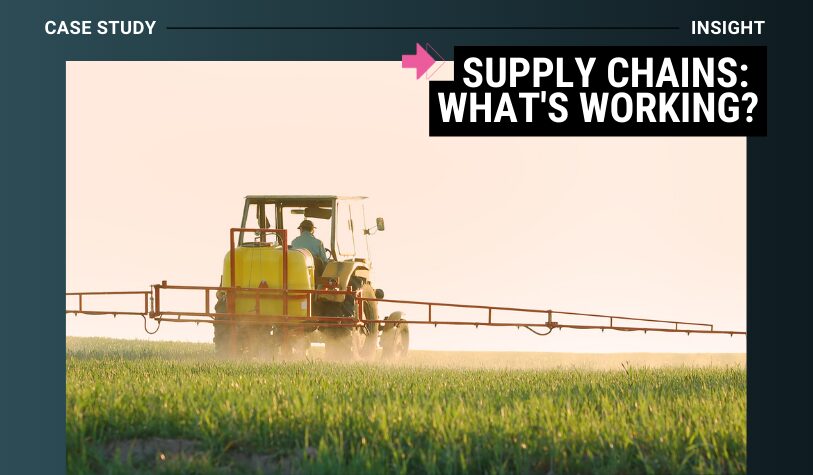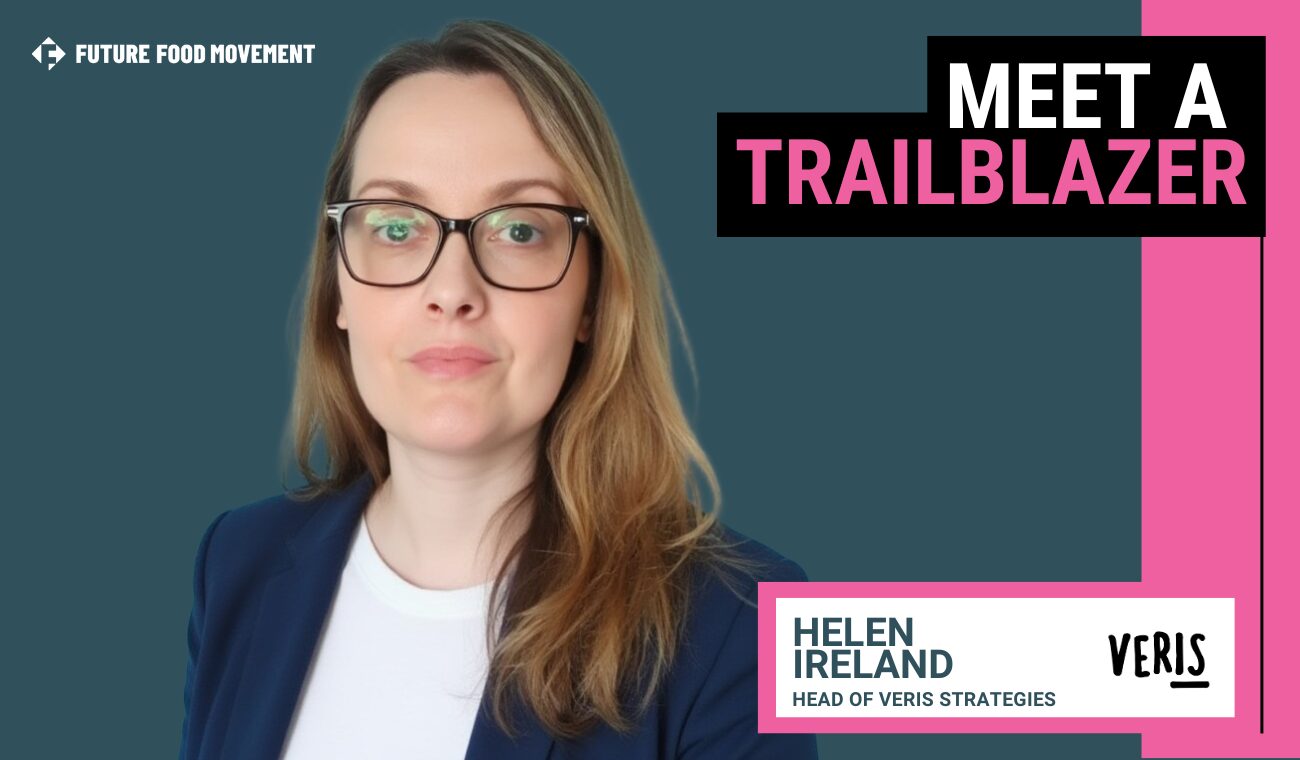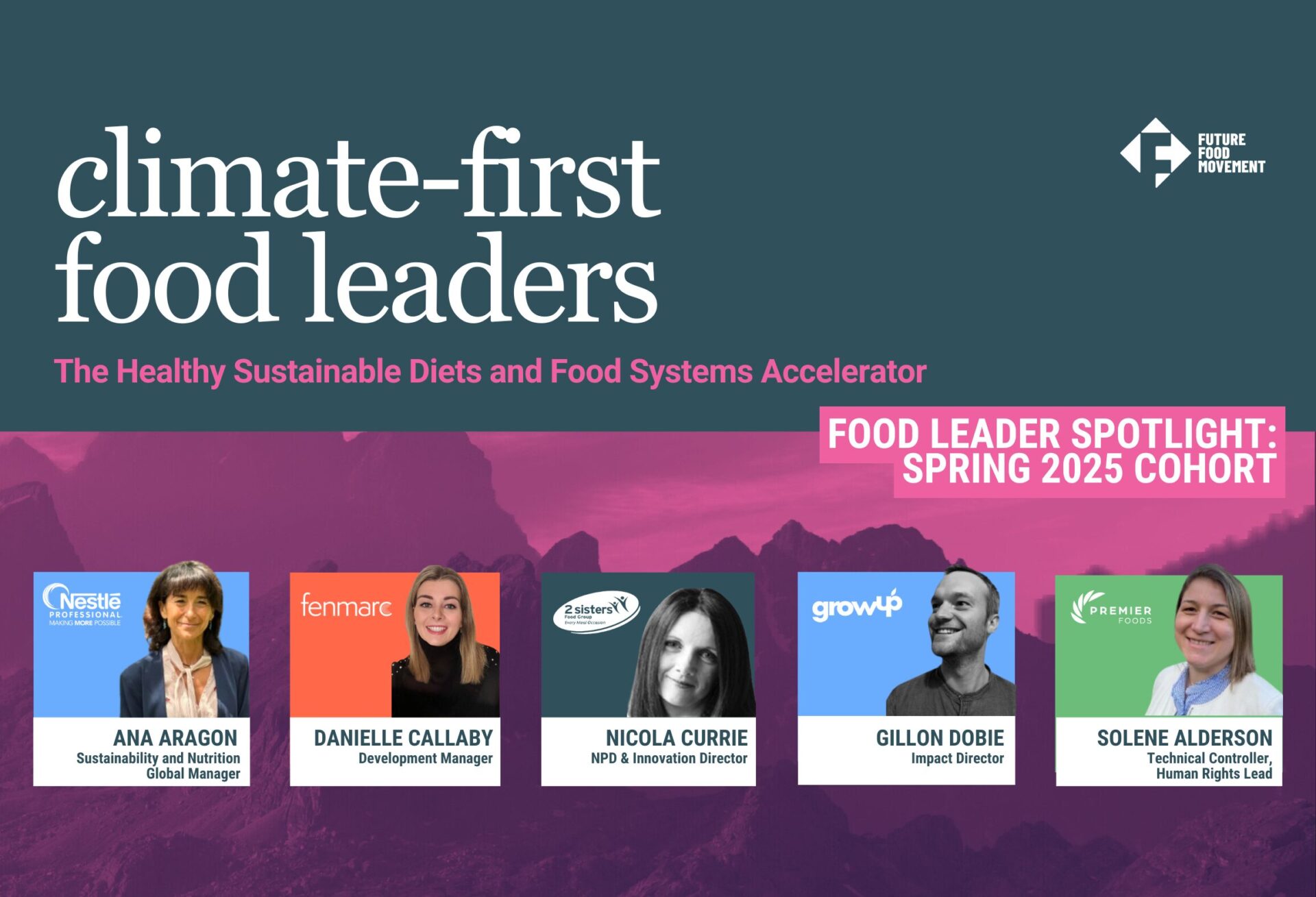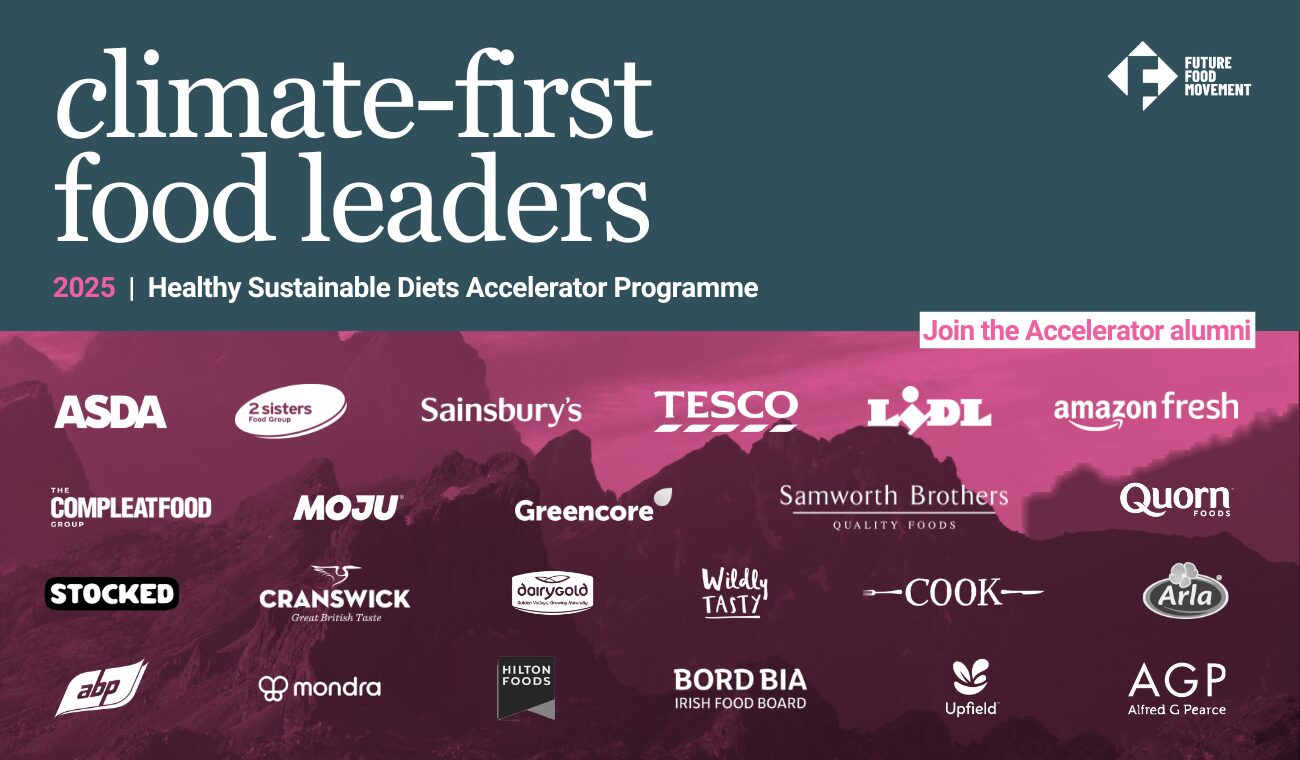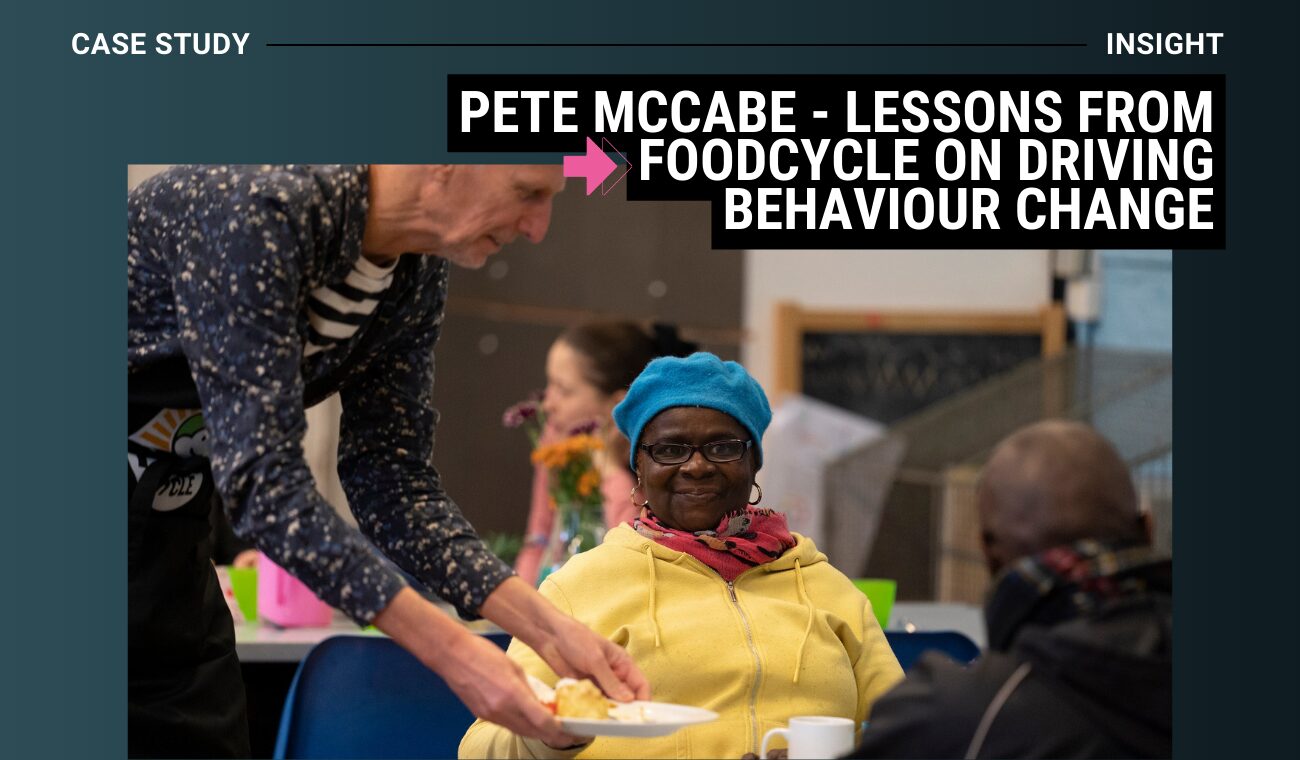Our partners at Bite Back and Impact on Urban Health invited us to join them for the launch of their #CommercialBreak campaign – a bold call to action exposing just how saturated our streets are with junk food advertising, and how we can all play a role in changing that.
The campaign’s message found us before we even arrived. The moment we stepped off the train in London, the usual wall of junk food ads had been replaced with this statement:
“We bought this ad space so the junk food giants couldn’t. We’re giving kids a commercial break.”
The campaign is about more than just calling out outdoor advertising, it’s about reframing a long-standing cultural narrative. Bite Back challenges the outdated idea that health is purely a personal choice, especially in a world where those choices are heavily shaped and manipulated by powerful commercial interests.
As Nikki, interim CEO from Bite Back so powerfully said:
“If you’re going to work this hard to make sure children know your brand, love your food, and crave your products – that comes with responsibility.”
In partnership with the University of Liverpool, new research in Bite Back’s Fuel us don’t Fool Us Advertising report exposes the pervasive presence of junk food advertising across the UK, disproportionately targeting and impacting the most disadvantaged communities.
The Key Findings:
- Bite Back found that in just the past year (2024), food and drink companies spent over £400 million on street advertising.
- Four areas were surveyed – Newcastle, Liverpool, Birmingham and Southwark – and found that over half (57%) of all the food and drink ads were for unhealthy products.
- Unhealthy advertising is heavily targeting underserved communities. Junk food ads are six times more likely to appear in these areas than in the wealthiest areas.
- Newcastle stood out as one of the worst hit – a city where three quarters (77%) of all food and drink ads were for unhealthy products.
What’s next?
Bite Back has partnered with Impact on Urban Health to urge the government to follow the good practice evidenced by local leaders and end junk food advertising outdoors.
What can we as an Industry do?
Set a healthier sales targets and publish transparent reporting on progress every year, to shift sales to healthier products. This should be supported by phasing out marketing of products that are HFSS in favour of healthier products.
Future Food Movement Expert Events on Communications and Behaviour Change explore how the industry can influence healthier, more sustainable diets .
[Explore membership options here] or get in touch to explore how we can help.
[1] Read more full report: Advertising.
[2] Nielsen (2025) Out of Home Advertising Spend Analysis

